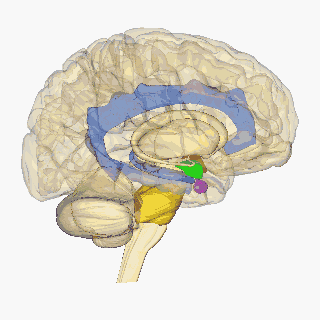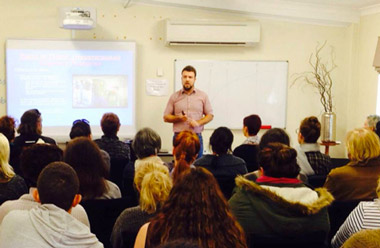Our model of intensive in-home therapy is grounded in the neuroscience of trauma, attachment and child development, and our interventions typically involve a combination of tailored individual counselling, psychoeducation, dyadic family therapy and providing stakeholder guidance around the child or family’s ongoing therapeutic needs.
We understand that early exposure to neglect and trauma, disrupts the development of the fundamental skills such as empathy, emotional regulation, and problem-solving. It also leads to adaptations in the brain, that are highly functional for survival when under threat, but incredibly maladaptive when it comes to functioning in social relationships.
For this reason our framework for changing behaviours in both adults and children, is based on the principal of ‘competence’ rather than ‘compliance’. Compliance frameworks involve using simple systems of rewards and consequences to shift behaviours, but are unfortunately based on the assumptions that: 1) the child has developed all the skills required to comply with an adult’s expectations and 2) the child actually trusts adults enough to feel safe handing control over to them. These simple behavioural frameworks are only effective at reinforcing expectations and boundaries, and do not actually teach the child new skills.
Our Competence oriented framework involves helping the child and their care-giver to reinterpret or depersonalise the child’s behaviours within the context of their trauma history and resulting skill deficits, and then focuses on engaging with the child using strategies and activities that actually build their capacity to feel safe, trust others, problem-solve, attune to others and to better monitor and modify their internal states.








